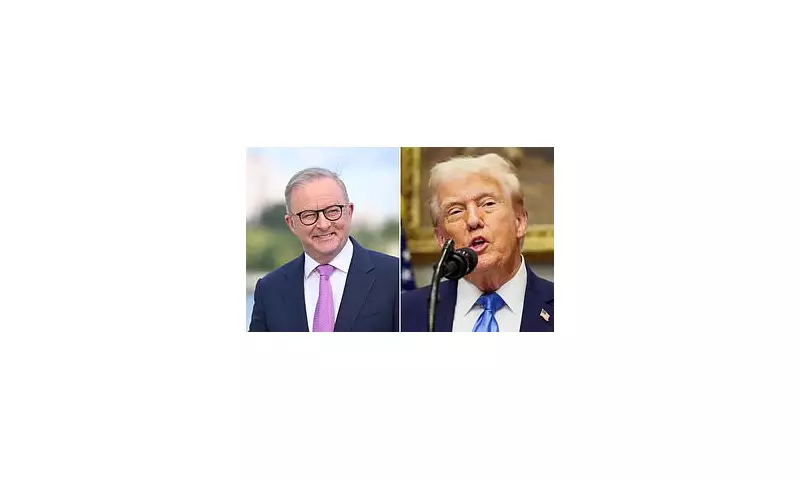
Australian Prime Minister Anthony Albanese has suffered a significant diplomatic setback after his high-profile visit to the United States failed to yield a meeting with Republican presidential contender Donald Trump.
The snub, during a trip intended to shore up critical alliances, leaves Canberra facing uncertainty over the future of the Australia-US relationship should Mr Trump return to the White House.
A Crucial Mission in Washington
Mr Albanese touched down in Washington with a packed agenda, centring on a state visit hosted by President Joe Biden. The itinerary featured high-level talks and a state dinner, underscoring the current strength of the alliance.
However, the Prime Minister's team had also been quietly working to arrange a separate meeting with Mr Trump. With the election poised on a knife's edge, the Australian government recognises the strategic necessity of engaging with both sides of the political aisle.
Despite their efforts, no such meeting materialised. The Trump campaign did not comment on the reasons, but the absence of a conversation is being viewed in foreign policy circles as a major blow to Australia's proactive diplomatic efforts.
Stakes for the AUKUS Alliance
The failure to connect with Mr Trump carries profound implications, particularly for the cornerstone of the nations' defence partnership: the AUKUS pact. This landmark security agreement, which also includes the United Kingdom, plans for Australia to acquire a fleet of nuclear-powered submarines.
Mr Trump has previously expressed scepticism about international alliances and the financial burden they place on the US. His public questioning of the value of NATO has caused alarm among Western allies, and similar doubts could jeopardise the multi-billion dollar AUKUS undertaking.
"Not securing a meeting is a worrying sign," said a senior analyst from the Lowy Institute. "It suggests that Australia may not be a priority for a potential Trump administration 2.0, and that the hard work of building bipartisan support for AUKUS is far from complete."
Looking Ahead to the Quad
The diplomatic disappointment in Washington casts a shadow over the next item on Mr Albanese's itinerary: a leaders' meeting of the Quad alliance in Japan. The Quad, comprising Australia, India, Japan, and the US, is a key pillar of the Biden administration's strategy to counter Chinese influence in the Indo-Pacific.
While President Biden remains a staunch supporter of the grouping, its long-term viability would be thrown into question under a Trump presidency that may favour unilateral action over multilateral cooperation.
As Mr Albanese heads to Tokyo, he does so with the pressing knowledge that Australia's strategic future may hinge on navigating an increasingly volatile and unpredictable American political landscape.






